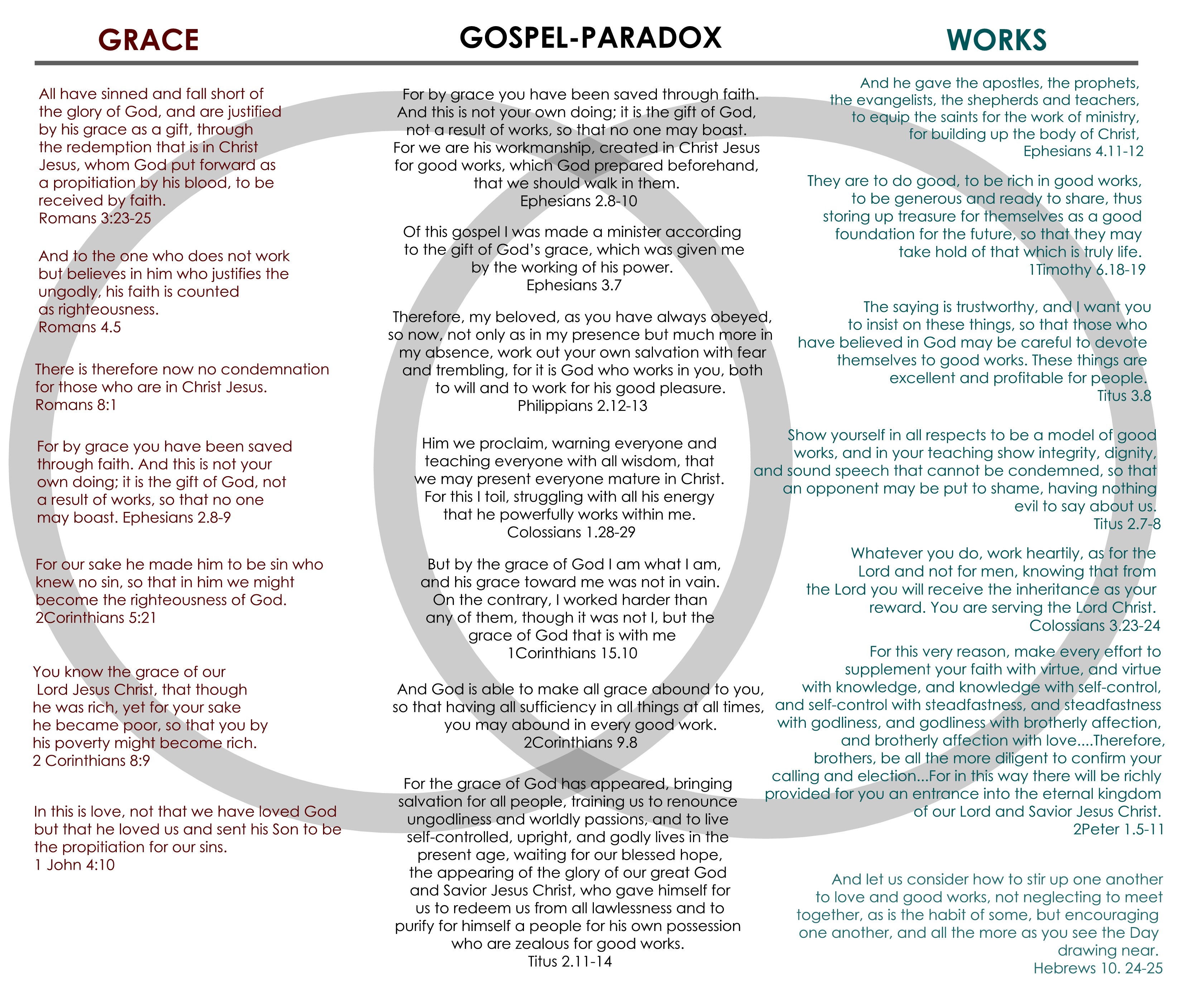“For what we proclaim is not ourselves, but Jesus Christ as Lord, with ourselves as your servants.” – 2Cor. 4.5
I greatly appreciated Kevin DeYoung’s recent blog post on “Celebrity Pastors“. Reading 2Corinthians this morning reminded me how tempting it is for a pastor to get off track, and for a church to follow him there. I have experienced first hand the evil tendency to adopt a “savior-complex” and begin to believe that you can save everyone…or anyone for that matter. More often than not, this begins as a well intended effort to love hurting people all while failing to admit your own weaknesses and limits. Then there are other pastors who assume a more dangerous position. It’s not that they are trying to love like Christ too much, it’s that they are trying to assume his job–to in fact be Jesus. In a recent sermon about “anti-christs” from 1John, I spoke about this:
The Anti-Christ is not only in opposition to the truth of Jesus—it is a replacement for Jesus. Jesus himself warned in Matthew24 of teachers who would claim to be especially anointed by God’s Spirit to do special redemptive work in God’s name like Jesus did. And there have been, and are today, various wingnuts and nutjobs claiming to actually be Jesus Christ. Here John is speaking about all of the preachers, teachers, and spiritual gurus who position themselves, their teaching, or their church so as the object to be worshipped—the one who takes the place of Christ in the community. John knows that the more dangerous antichrists are not those who claim to be Jesus incarnate, but in fact those who work to replace him as Savior and Lord. Cults begin when a group of people get polarized around one person who is to be revered, the one to example to follow, the one whose words are quoted, the one to be obeyed over and against the Word of God, the truth of God, the way of God, who is Christ himself. Pastors, teachers, leaders, even writers must always be careful that as they are working for the fame of Jesus, they (or their people) don’t become more devoted to their own.
Of course, this passage probably refers more to the freaks and nut jobs who, in an effort to posture themselves, go on and on about their “gifting” as apostles or insight as “anointed” more than they ever talk about Jesus or His Word. But, personally, I have never ceased in my concern for pastors who attach their name too prominently to Gospel-work. The seeds of what I view as a misguided endeavor began with attaching names of pastors and theologians to things such as Study Bibles. Though it may not be sinful, it just felt wrong. To go along with Bibles, there are commentary sets, book series, television shows, radio programs, and entire Bible study programs connected with a man (or woman). With the growth of Technology, I see more and more pastors turning their names and faces into website addresses, full ministries disconnected with an actual church, not to mention explosion of blogs and twitter accounts. If not bad enough, many Pastors are no longer on facebook to have “friends”, they create personal institutions of themselves to meet the needs of all there “fans” across the world.
t just feels wrong and, perhaps, in line with what Paul was teaching about in 2Corinthians. I’m not sure it is sinful until it is sinful. But when is that? I’m not sure exactly; perhaps it is when people quote more sermon anecdotes before they quote Scripture verses; perhaps it is when people rejoice in who their pastor is rather more than who their savior is; perhaps it is when they read blogs, listen to podcasts, or memorize passages from the pastor’s bestsellers more than they pray and read the Bible. All that to say, the shepherd and the flock share some responsibility in this. The flock must always test what is taught by the Word of God, and 2Corinthians 4.5 is a great place to start. Before they listen to any man teach, they should be devoted to the worship of Jesus; the flock must not applaud, laugh, or dismiss any hint of idolatry, but must ask honest questions of their shepherd and their own hearts. On the other hand, the shepherd has a responsibility to make sure he is actually making much of Jesus and less of himself in everything (John 3.30). He must worship Jesus in all he preaches, teaches, and writes, all while directly condemning the idolization of any part of creation including men–and especially that of himself.




